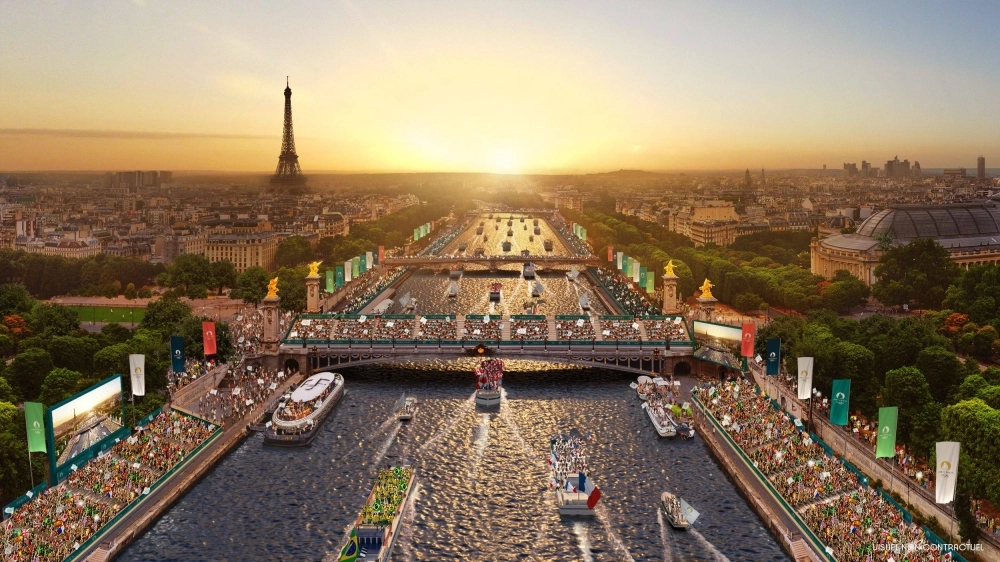Russians and Belarusians will not take part in the parade of athletes at the opening ceremony of the Paris Olympics in July, the International Olympic Committee (IOC) said Tuesday.
The athletes from the two countries who qualify for the Games will be competing as independents without their flags and anthems following Russia's invasion of Ukraine in 2022.
The opening ceremony in Paris will not be held in a stadium but will be staged on the River Seine with teams floating past an estimated 300,000 spectators.



















With your current subscription plan you can comment on stories. However, before writing your first comment, please create a display name in the Profile section of your subscriber account page.